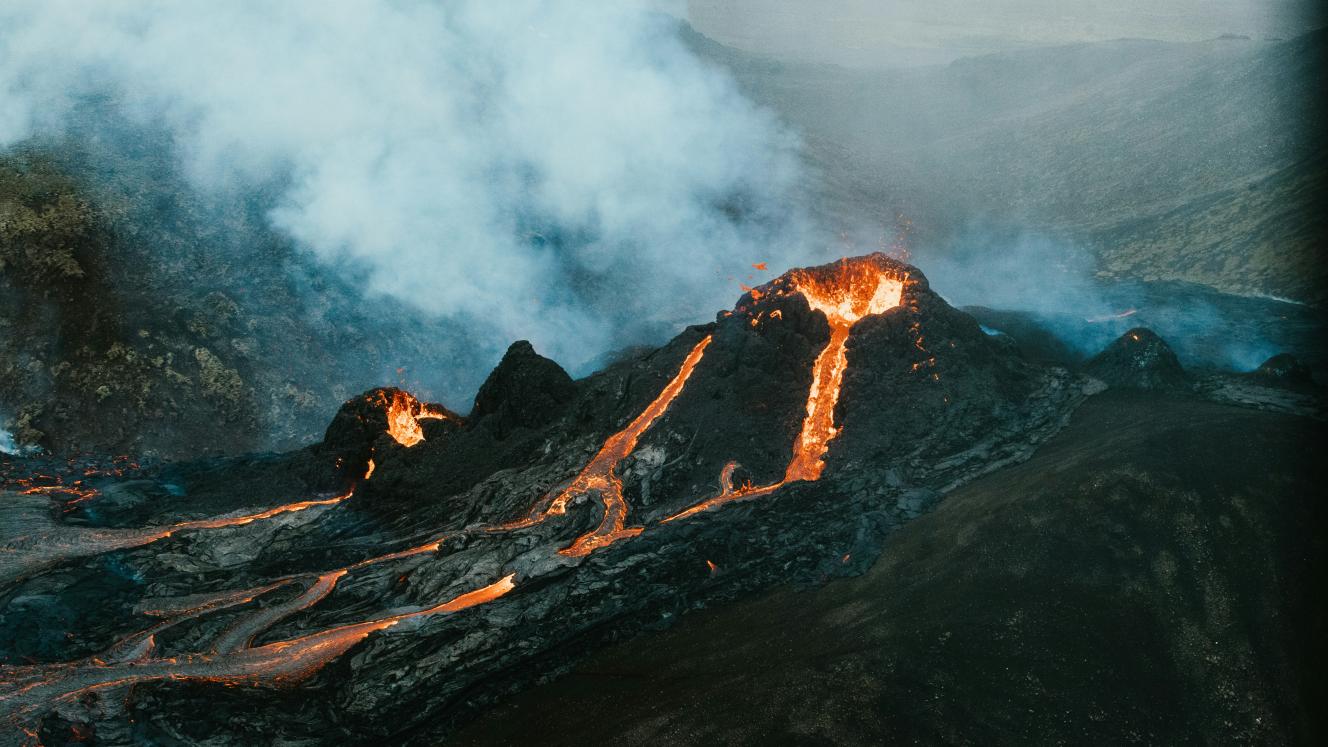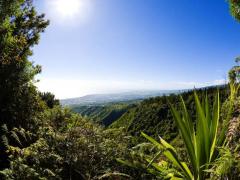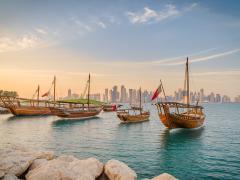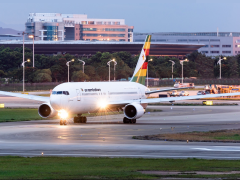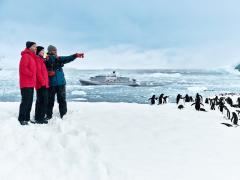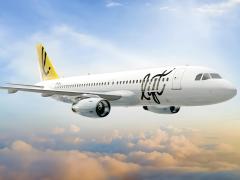A new volcanic eruption in Iceland on Thursday February 8, the third this year in the same area, has caused a state of emergency to be declared in the area.
A 3km fissure in the earth's surface has seen fountains of hot lava spewing into the air from early on Thursday morning and the popular holiday resort area of the Blue Lagoon Thermal Spa had to evacuate its guests and close for the third time since eruptions began in the southwest in December.
Lava flows disrupted water pipes (used in Iceland for heating homes and buildings) to nearby towns were disrupted by the lava flow, and workers are building a dyke to protect a power station from being swamped by lava.
Icelandair recently responded to a drop in international arrivals, saying that media coverage of recent volcanic eruptions had hurt bookings in the fourth quarter of 2023.
The airline said press coverage had affected sales in December, and that the fourth quarter was a very important sales period for flights in January. There was a 9% drop in tourists staying in Iceland for January, year-on-year.
Data from travel analytics firm ForwardKeys revealed last week that searches for international trips to Iceland had decreased by 62%. After the first eruption of the Svartsengi volcano on January 14, international arrivals were down 10% compared with 2019.
The national carrier said in a statement that the latest eruption was not affecting the operation of flights.
“Iceland is a volcanic island, with many active volcano systems. Eruptions and earthquakes are a part of our DNA, and we Icelanders are always well-prepared for volcanic events. The country’s incredible nature has given us excellent training and expertise to deal with unique situations.”
Iceland’s Eyjafjallajökull volcano eruption in 2010 caused 300 airports in over 24 countries to close, leading to the cancellation of 107 000 flights across Europe during eight days. This was around 48% of total air traffic and roughly 10 million passengers affected. seven million passengers.
Meteorologists say the latest eruptions, emanating from the Reykjanes volcano systems, are unlikely to cause vast ash clouds as they are not trapped under glaciers.
